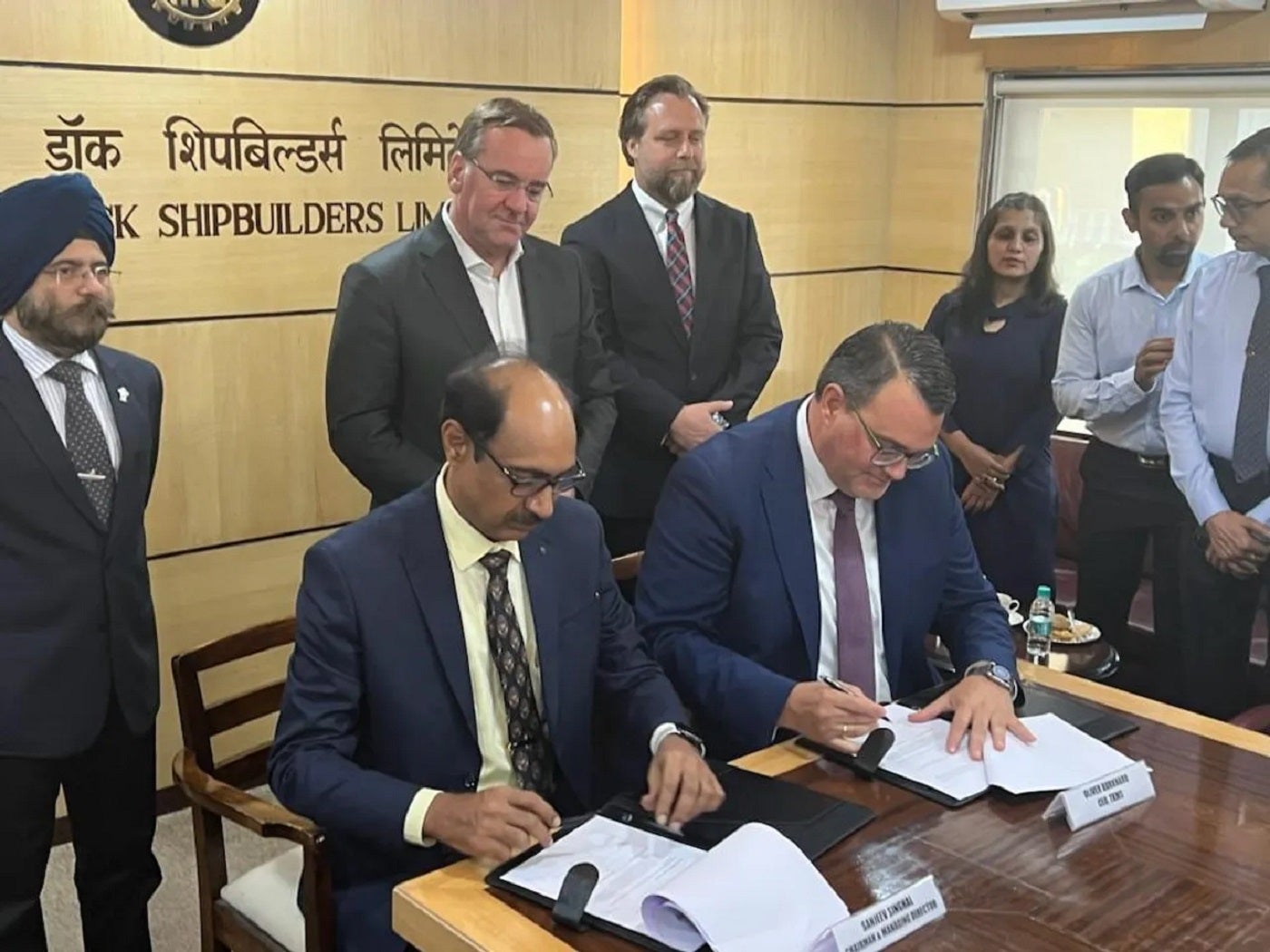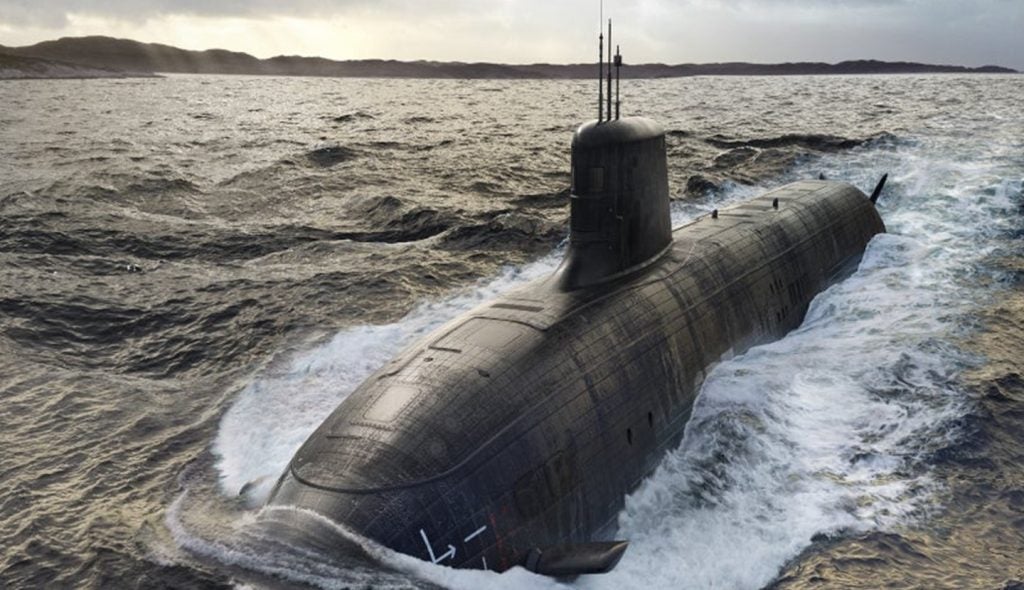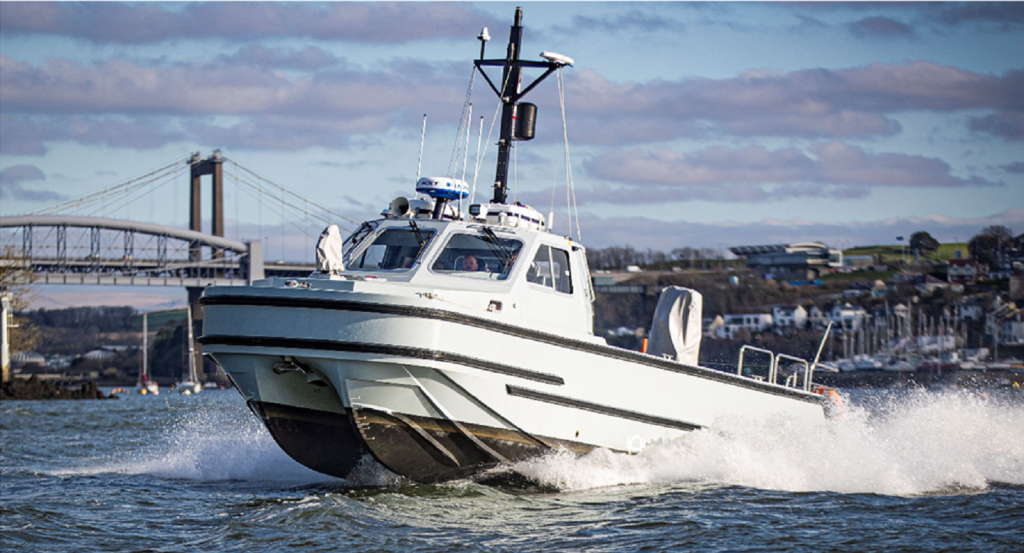
ThyssenKrupp Marine Systems, a provider of non-nuclear submarines, has partnered with Mazagon Dock Shipbuilders Limited to enter the Indian market.
A Memorandum of Understanding (MoU) was signed, marking the beginning of a potential collaboration to build conventional, air-independent-propulsion submarines in India. Significant local content is expected to be included in the construction process.
Reaffirming presence in India
ThyssenKrupp Marine Systems, known for its submarine engineering and design, has stepped towards reaffirming its presence in the Indian market.
The company signed an MoU with the shipbuilding company, Mazagon Dock Shipbuilders Limited, to explore the construction of conventional, air-independent-propulsion submarines. The ceremony, held on 7 June 2023 in Mumbai, was attended by Boris Pistorius, the German Defence Minister.
ThyssenKrupp Marine Systems AG provides naval vessels, specialized commercial ships, and yachts in Europe. It operates in four business divisions: submarines, surface ships, customized ships, and marine service, according to GlobalData’s report on “The Global Undersea Warfare Systems Market 2018–2028.”
Notably, the companies have previously collaborated on the construction of four HDW Class 209 submarines in the 1980s. The first two submarines were built by ThyssenKrupp Marine Systems (then known as HDW in Kiel), while the remaining two were constructed by Mazagon Dock Shipbuilders Limited in Mumbai.
Oliver Burkhard, CEO of ThyssenKrupp Marine Systems, expressed enthusiasm about the partnership: “We have enjoyed a trusting partnership with India for over a decade.
The submarines we built in the 1980s are still in service today, and we are immensely proud of that. We eagerly anticipate the opportunity to contribute again to India’s national security. When India calls, we are ready.”
As recently as 2018, Mazagon Dock Shipbuilders awarded a contract to Germany-based Thyssenkrupp Marine Systems to overhaul and upgrade the Indian Navy’s Shishumar-class submarine INS Shishumar.
Consistent in the submarine market
Thyssenkrupp has received large submarine orders in the last few years. In 2021, ThyssenKrupp Marine Systems were commissioned to construct six new Type 212 Common Design submarines for the Norwegian and German Navies.
Valued at around €5.5bn ($5.8bn), the contracts involved the delivery of two 212CD submarines to Germany and the remaining four to Norway.
Early last year, The Israeli Ministry of Defence agreed to purchase three new Dakar-class submarines from Germany’s ThyssenKrupp Marine Systems in a deal worth $3.4bn.
With India being a strategic partner of Germany, ThyssenKrupp Marine Systems aims to strengthen the bond by contributing to Germany’s strategic cooperation with India.
Tushar Sudesh Mangure, an aerospace, defence, and security analyst at GlobalData, concluded: “The Magazon Dock – ThyssenKrupp MoU is of immense strategic significance as both countries are considering strengthening bilateral relations and defence cooperation.
It also opens up the possibility for future collaboration in areas such as high-tech manufacturing and technology. The developing defence partnership between both countries may also provide immense opportunities for Indian public and private sector companies to be part of Germany’s defence manufacturing supply chain.”







